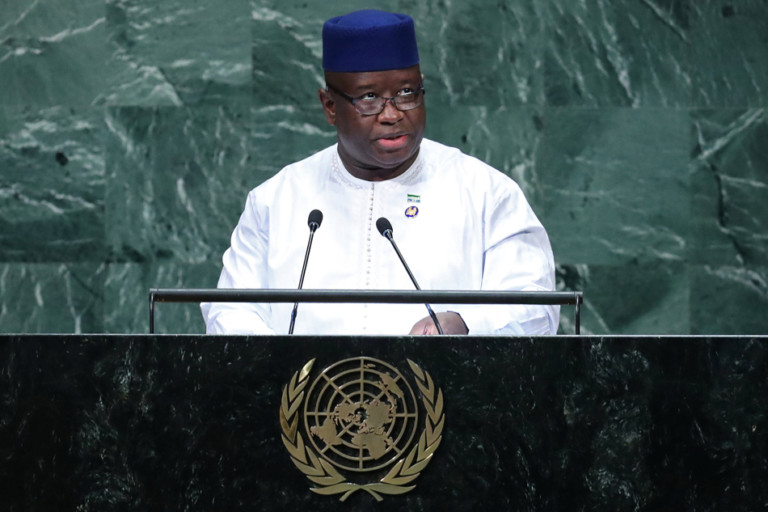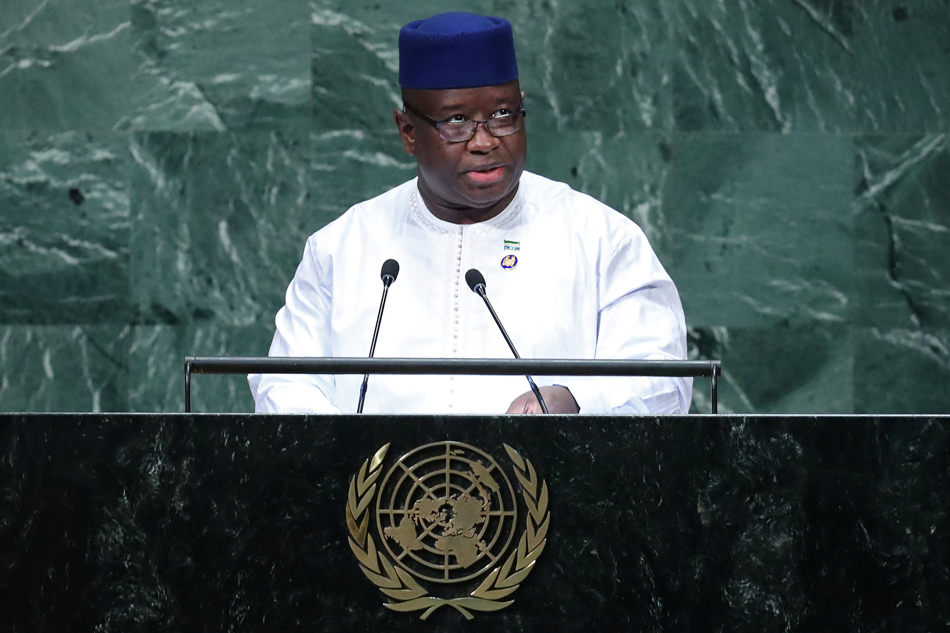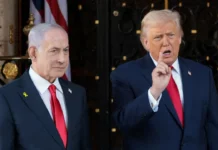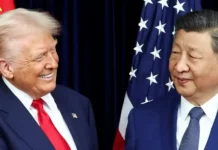
FREETOWN, Sierra Leone: Sierra Leone has scrapped a USD 400-million (347-million-euro) scheme for a Chinese-built airport, saying the project was too costly, but Beijing sought to dismiss the concerns on Thursday.
In a statement, the ministry of transport and aviation said that “after serious consideration and due diligence,” the government had determined the Mamamah International Airport initiative was “uneconomical”.
All contracts under the project are being terminated, it said on Wednesday.
China’s foreign ministry said Thursday the assertions that projects “do not contribute to local livelihoods do not correspond with the facts.”
“When cooperating with Sierra Leone, China always follows the principle of equal consultation,” spokesman Lu Kang told reporters during a regular press briefing.
Critics say China’s approach to development abroad is exacerbating debt problems in poorer countries, but Chinese and African leaders rejected such concerns at a summit in Beijing last month, with President Xi Jinping pledging another USD 60 billion for the continent.
Sierra Leone’s previous president, Ernest Bai Koroma, signed a loan agreement with China for the airport shortly before elections in March that his party lost.
His successor, Julius Maada Bio, vowed to stop the scheme.
He also lashed Chinese infrastructure projects generally as “a sham” that brought the impoverished West African state scant economic benefit.
The scheme entailed building a new airport around 50 kilometers (30 miles) outside the capital Freetown.
It would be completed in 2022 and managed and maintained by the Chinese.
But critics questioned the need for a new airport given that Freetown’s existing airport, Lungi, is operating below capacity.
The government on Wednesday said it was looking into the possibility of building a bridge between Freetown and Lungi airport — a scheme that has been priced at more than USD 1 billion.
The airport and another major Chinese project, a toll road, shouldered their way into Sierra Leone’s presidential election in March.
Several candidates declared the schemes were unaffordable and should be scrapped or reviewed.
Bio went furthest, going on record as saying “most of the Chinese infrastructural projects in Sierra Leone are a sham with no economic and development benefits to the people.”
China has provided infrastructure and development aid to Africa since the Cold War.
But its interest and presence in the continent have grown exponentially in the past two decades, in parallel with its emergence as a global economic giant.
China overtook the United States in 2009 as Africa’s biggest trading partner.
Chinese loans, meanwhile, have soared, especially in transport and energy infrastructure.
Some analysts have warned of a debt trap as some of the world’s poorest states struggle to repay their borrowings.
Between 2000 and 2017, China’s government, banks and contractors lent African countries USD 143 billion, according to the China-Africa Research Initiative at Johns Hopkins University in Washington. AFP







